On the opening page of The Farmer’s Wife, Helen Rebanks quotes George Eliot’s famous passage from Middlemarch. Dorothea adds to ‘the growing good of the world’ through her ‘unhistoric acts’ and by having ‘lived faithfully a hidden life’. With this enchanting, funny, fearless book, Rebanks brings her own ‘unhistoric’ life unequivocally out of hiding.
She lives with her husband James (a bestselling writer) and their four children in the Lake District on their farm shared with six sheepdogs, two ponies, 20 chickens, 500 sheep and 50 cattle. Writing in the present tense, she describes the rhythm of her day, from the quietness of the slow-awakening farmhouse at dawn through the increasing clamour of the daylight hours until the peace of night falls.
Being also the daughter and granddaughter of farmers, she remembers the old agricultural world and the rituals of her childhood, including making marmalade while hoisted high on a chair in her mother’s kitchen. Just as the seeds, pith, rind, juice and flesh of each orange play an essential role in the final product, so there is not a superfluous word in Rebanks’s narrative. When her mother’s attention shifts to the B&B guests who supplement a farmer’s income, the teenage Helen becomes responsible for providing the family meals. This undertaking to feed and nurture those she loves is a compulsion from which she never deviates, evident in the many delectable recipes which join the atmospheric drawings by Eleanor Crow in the book.
After Helen registers at art college, a holiday in Florence with her new farmer boyfriend backfires. Her ‘idea of paradise’ is eating market-fresh tomatoes beneath the vines, but James misses being away from the green fields of home. He wants to break up with her, but she feels otherwise. ‘I am not going to let him push me away. I love him.’
In those early days their relationship falters again before finding its enduring strength. When James enrols as a history undergraduate at Oxford, Helen finds work at a local estate agent, determined to give their recent marriage its best start. But in contrast to her husband’s natural sociability, her sense of identity becomes eroded in the company of other students, with their sense of purpose, manicured nails and ‘droning small talk’. A few years later the farm, admin, children and housework jostle for priority. It is never her turn, and she admits that ‘some days I feel like I am drowning in this life’. Even making bramble jelly or chocolate cake becomes stressful. The jam won’t set; the dog snaffles the cake.
The challenges inherent in life on a farm, inside and out, never diminish. Rebanks is always conscious of the gossamer thread linking life and death which might suddenly fray or snap through miscarriage, old age, a killer virus decimating the cattle, a violent snowstorm endangering the sheep or the final illness of a beloved dog. The blood, mud, slog, exhaustion, bureaucracy, financial angst, challenges of sustainability, the role of the consumer and the concerns of animal welfare are ever-present.
At the same time, her love for her family and her quiet self-assertion act as ballast. One winter, after she has made a life-size model of a Herdwick sheep as part of a county-wide art project, she gives a party in memory of her father-in-law who has recently died of cancer. After serving 70 local farmers ham hock broth, ‘steaming bowls of goodness,’ she asks each of her guests to immerse a hand into a bowl of brightly coloured paint before pressing it on to the figure of the sheep. Soon the model is covered in impressions of hands that dig fields, birth lambs, build walls, milk cows and stroke sheepdogs. Some hands are old, some frozen out of shape, some have a finger or nail missing: each tells a story, encapsulated by Rebanks in all her nourishing and imaginative originality.
This is a luminously beautiful memoir that I will give anyone tempted by a recipe for field mushroom soup or who struggles with the turbulence of life, has ever doubted themselves or questioned the sustaining power of love. Two ribbons, intended perhaps as recipe reminders, work as markers of passages to which I already long to return. On finishing the book, I wished for many more ribbons.
Got something to add? Join the discussion and comment below.
Get 10 issues for just $10
Subscribe to The Spectator Australia today for the next 10 magazine issues, plus full online access, for just $10.
You might disagree with half of it, but you’ll enjoy reading all of it. Try your first month for free, then just $2 a week for the remainder of your first year.

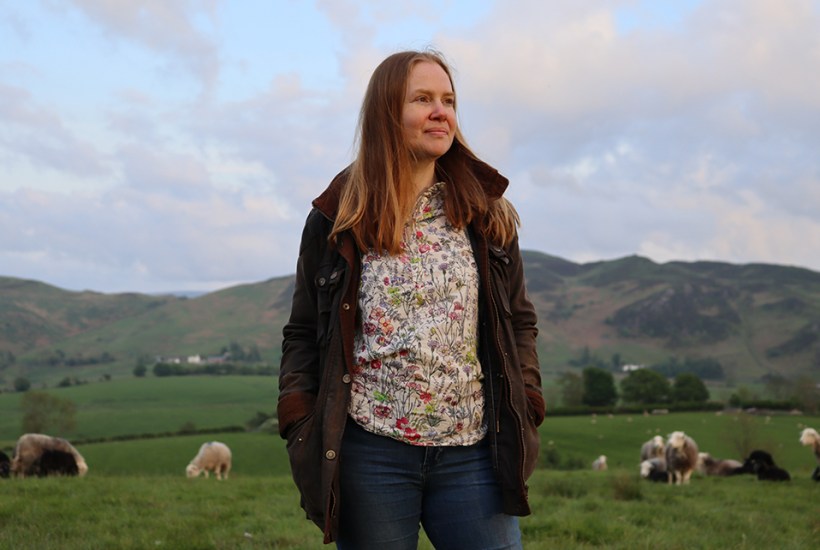
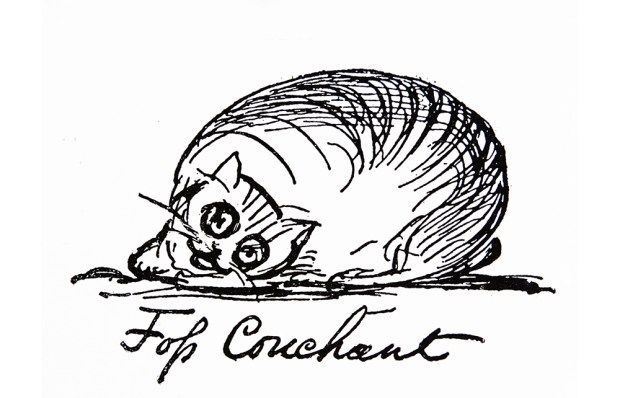
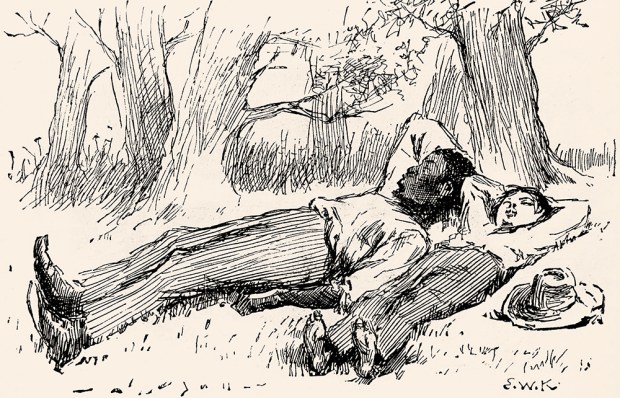


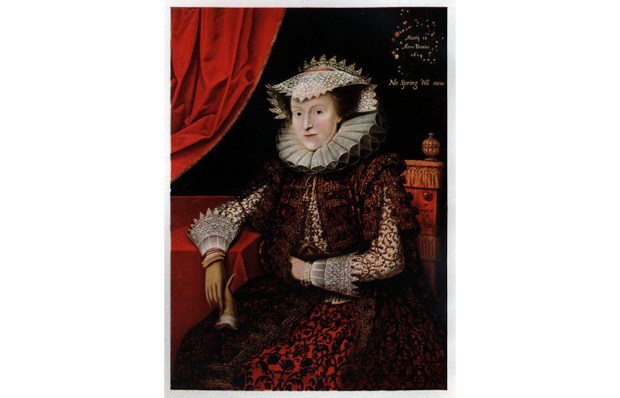
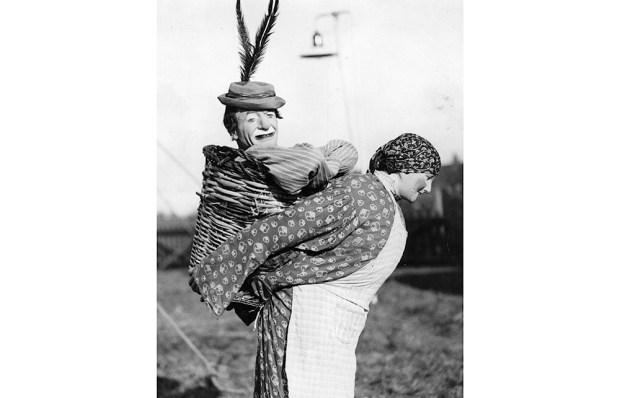






Comments
Don't miss out
Join the conversation with other Spectator Australia readers. Subscribe to leave a comment.
SUBSCRIBEAlready a subscriber? Log in